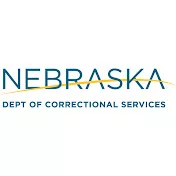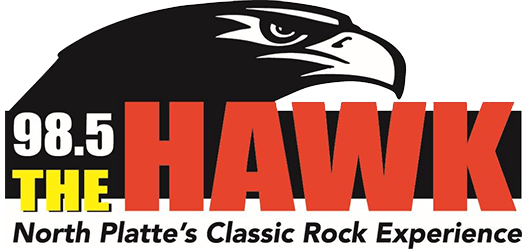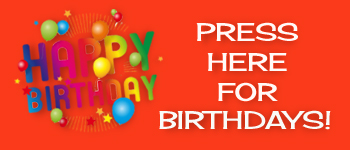
November 20, 2023 (Lincoln, Neb.) – The Nebraska Department of Correctional Services (NDCS) has launched a new phase of evidence-based programming aimed at providing strengths-based reentry support services to incarcerated individuals, using both staff and peer-led delivery. Reentry programs are designed to help individuals in their transition from incarceration back to the community.
“Successful reentry preparation is about providing the right tools and getting the right person in the right program at the right time,” said Director Rob Jeffreys. “This is an innovative initiative that takes a holistic approach to addressing barriers and building essential skills for our reentrants.”
The three-year initiative, funded through a grant of nearly $900,000, is a partnership with NDCS, Florida State University (FSU) faculty and Well-Being and Equity Innovation (WEI), Inc. Launched in March 2022, this initiative is a targeted approach for delivering the essential tools to create healthy thinking patterns and promote successful reentry.
While Phase II of this initiative won’t fully launch until May 2024, NDCS has begun training select team members and incarcerated individuals from seven NDCS facilities to become co-facilitators in four new, short, evidence-based programs that promote the 5-Key Model for Reentry: healthy thinking patterns, positive relationships, positive social engagement, meaningful work trajectories and effective coping strategies.
“This model works because these are things that all of us need to be healthier,” said Deputy Director Dawn-Renee Smith. “The project has given us a better indication of what it takes to be successful in reentry. It is a packaged approach to programming and reentry preparation with interventions specifically designed to meet these 5 Keys of Wellbeing.”
Each program is co-facilitated by an NDCS team member and a peer-facilitator. These programs, which meet two hours each week for four weeks, are: Unlocking Your Thinking, Ideas for Better Communication, Understanding and Reducing Angry Feelings and Building Social Networks.
Participation in a cohort is prioritized by an individual’s closest release date, either tentative release date or Parole Board hearing date.





